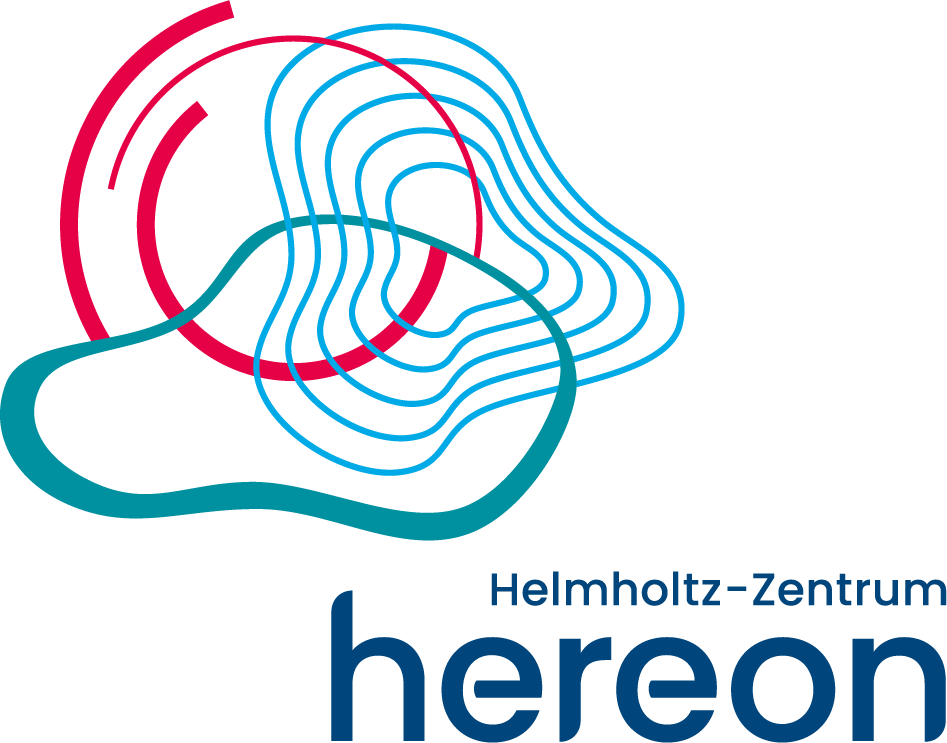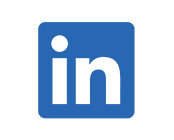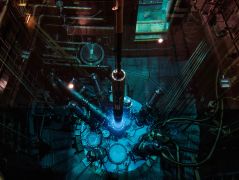MLZ is a cooperation between:
 > Technische Universität München
> Technische Universität München > Helmholtz-Zentrum Hereon
> Helmholtz-Zentrum Hereon
 > Forschungszentrum Jülich
> Forschungszentrum Jülich
MLZ is a member of:
 > LENS
> LENS > ERF-AISBL
> ERF-AISBL
MLZ on social media:

MLZ (eng)
Lichtenbergstr.1
85748 Garching
19.06.2024
Administrative Court confirms lawful operation of the FRM II
The Bavarian Administrative Court has confirmed the legality of the FRM II research reactor operation. It dismissed a corresponding complaint by the Bund Naturschutz against the Heinz Maier-Leibnitz research neutron source in Garching. The Scientific Director of the FRM II, Prof. Dr. Christian Pfleiderer, said: “This means that this facility, which is unique in the world for science and medicine, can continue to be operated.”

On Monday, June 17, the Senate of the Bavarian Administrative Court heard a case on the legality of the operation of the Heinz Maier-Leibnitz research neutron source. © FRM II / TUM
The Bavarian Administrative Court announced today that the action will be dismissed. The appeal will not be allowed. The full judgment with reasons is expected in the coming months.
At the heart of the legal dispute was an obligation in the operating license for the research neutron source from 2003. This stipulated that the FRM II would be converted to fuel with enrichment of no more than 50 percent of fissile uranium-235 “as soon as the new fuel is developed, qualified, and industrially available.” However, in the court’s opinion, this has not been the case technically and scientifically.
Application for low-enriched fuel in 2025
In the meantime, however, years of extensive research at the Technical University of Munich (TUM) have led to the development of a procedure for switching completely to low-enriched uranium 235 with values below 20 percent. FRM II is vigorously pursuing this method. A contract for the industrialization of the production of the new fuel was recently signed with the French company Framatome. FRM II will submit a license application for the conversion in 2025.
Bavaria’s Science Minister Markus Blume said: “This is a decision for science and against ideology! The FRM II is Germany’s most powerful research reactor. This is an extremely important research infrastructure for Bavaria, Germany and Europe. Nuclear expertise, for example, is crucial for medical progress. Research strength and technological openness without ideological blinkers are prerequisites for a good and safe future.”
Full commitment to conversion
FRM II Director Pfleiderer said: “We will continue to pursue the conversion to low-enriched uranium with full commitment and in accordance with the timetable. After all, scientists, cancer patients, and industrial companies urgently need the neutrons from the research neutron source.”
Neutrons for e-mobility and medicine
The FRM II has operated since 2004 and supplies neutrons for science, medicine, and industry. For example, future coronavirus vaccine manufacturer BionTech researchers have analyzed mRNA particles with neutrons at the FRM II. Scientists worldwide use neutron beams for their work, such as making batteries without cobalt possible and developing rechargeable batteries with a longer service life. Antibiotics against resistant bacteria, new alloys for more efficient gas turbines, and better materials for quantum technologies are also being researched at the FRM II.
The FRM II is currently undergoing maintenance. The central channel, an essential component in the reactor pool, must be replaced.
Related News
MLZ is a cooperation between:
 > Technische Universität München
> Technische Universität München > Helmholtz-Zentrum Hereon
> Helmholtz-Zentrum Hereon
 > Forschungszentrum Jülich
> Forschungszentrum Jülich
MLZ is a member of:
 > LENS
> LENS > ERF-AISBL
> ERF-AISBL
MLZ on social media:





